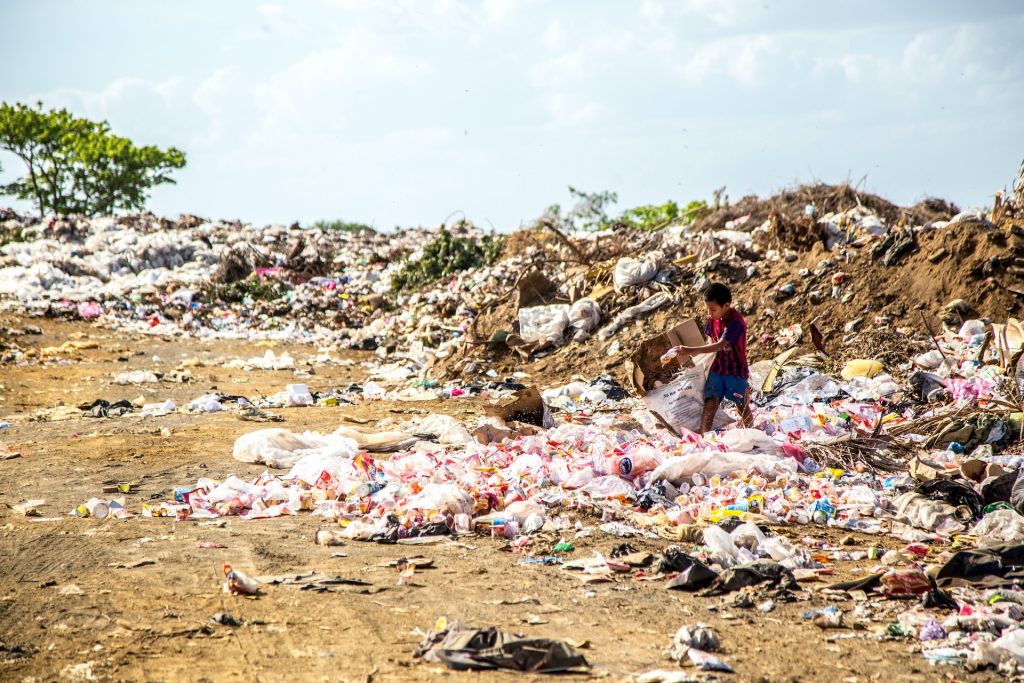Poverty, an age-old adversary that humanity has wrestled with for generations, continues to cast its shadow across the world. But what is poverty, and why does it persist? In this exploration, we’ll dive into the definitions, causes, and global significance of poverty, shedding light on the potential solutions to this deeply rooted issue.

The Shape-Shifting Nature of Poverty
Defining poverty is not as straightforward as it may seem. Over time, the concept of poverty has evolved, taking on new dimensions and interpretations. In the past, poverty was often measured by a lack of material possessions and basic needs. Today, our understanding of poverty encompasses not only income and material wealth but also access to education, healthcare, clean water, and basic human rights.
Why Does Poverty Exist?
The root causes of poverty are complex and multifaceted, making it a challenge to eradicate. Here are some of the key factors contributing to its persistence:
- Economic Inequality: The unequal distribution of resources, income, and wealth creates a cycle of poverty that is difficult to break.
- Unemployment and Underemployment: A lack of job opportunities or access to stable employment can lead to financial instability.
- Lack of Education: Without education, individuals are less likely to escape the cycle of poverty. Education is the key to economic mobility.
- Healthcare Disparities: Inadequate access to healthcare services can lead to illness and medical bills, pushing families further into poverty.
- Discrimination: Discrimination based on factors such as race, gender, or ethnicity can limit opportunities and exacerbate poverty.
- Environmental Factors: Natural disasters, climate change, and resource scarcity can disproportionately affect impoverished communities.
The Worldwide Impact of Poverty
Poverty is not confined to a single corner of the world; it is a global issue that affects millions of people. Its consequences reach far beyond financial struggles:
- Health Disparities: Poverty leads to inadequate healthcare, resulting in higher rates of illness and shorter life expectancy.
- Educational Inequities: Children in poverty often have limited access to quality education, limiting their future prospects.
- Food Insecurity: Poverty can lead to hunger and malnutrition, impairing physical and cognitive development.
- Social Unrest: High levels of poverty can contribute to social and political instability, impacting communities and nations.

Managing and Eliminating Poverty
While poverty is a deeply ingrained issue, there are strategies and approaches that can help manage and ultimately eliminate it:
- Economic Policies: Implement policies that promote economic growth, job creation, and equitable wealth distribution.
- Education for All: Invest in accessible, high-quality education to break the cycle of poverty through knowledge and skills.
- Healthcare Access: Ensure affordable and accessible healthcare services for all, focusing on prevention and early intervention.
- Social Safety Nets: Establish safety net programs to support vulnerable individuals and families during times of economic hardship.
- Gender Equality: Promote gender equality to eliminate discrimination and empower women to participate fully in society.
- Community Development: Support grassroots initiatives and community-driven projects to address local poverty issues.
- International Collaboration: Global cooperation and partnerships are crucial in addressing poverty on a worldwide scale.
The Power of Progress
The fight against poverty is not without its challenges, but progress is being made. Poverty rates have decreased in many parts of the world, thanks to the efforts of governments, organizations, and individuals who are committed to creating a brighter future.
As we strive to understand and eliminate poverty, let us be inspired by the resilience of those who have risen above adversity. Let their stories be a testament to the human spirit’s capacity to overcome hardship and create a better world for all.
Poverty is a complex, global issue that requires multifaceted solutions and unwavering commitment. As we continue to redefine and address the root causes of poverty, let us remember that every individual has the potential to contribute to positive change.

Together, we can foster a world where poverty becomes a relic of the past, and the journey towards a brighter, more equitable future becomes the shared legacy of our generation. In our collective effort, we can ensure that the struggles of the past transform into the victories of the future, and that poverty is replaced by prosperity for all.





